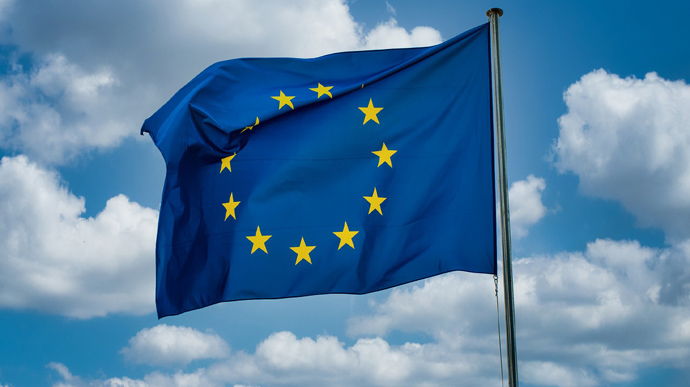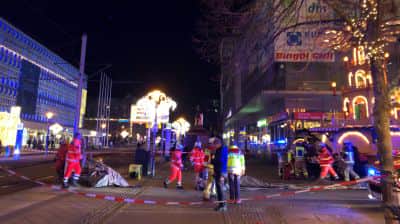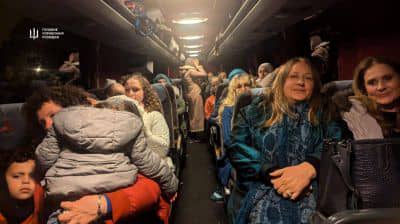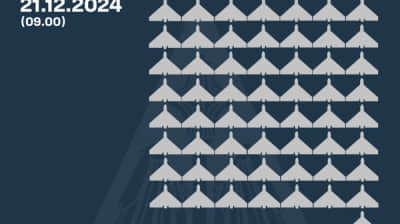81% of Ukrainians would support joining the EU in a referendum, and 71% joining NATO – poll

IRYNA BALACHUK – FRIDAY, 29 JULY 2022, 12:49
The overwhelming majority of Ukrainians would support Ukraine's accession to the EU and NATO if a referendum were held on this issue.
Source: Results of a survey conducted by Kyiv International Institute of Sociology (KIIS), conducted 6-20 July
Quote from KIIS: "In the event of a referendum on joining the EU, 81% of all respondents would vote ‘for’ joining. 4% would be ‘against’ joining the EU. The rest (15%) would not participate in the vote or do not know how to vote. There is slightly less support for joining NATO, but also the overwhelming majority of Ukrainians would vote ‘yes’ – 71% of all respondents."
Details: 7% would vote against joining NATO, and another 22% of the population would not take part in the vote or do not know how to vote.

The sociologists emphasise that in terms of respondents who would have taken part in the expression of their will, 96% of the votes would have been in favour of the referendum on joining the EU, and 91% of the votes would have been in favour of the referendum on joining NATO.
It is noted that joining the EU and NATO is supported in all regions, although there is a tendency for support to lessen from west to east.
But even among residents of the south and east, 77% and 71% of all respondents respectively would support Ukraine's accession to the EU, and 65% and 56% would support joining NATO.

The sociologists note that support for joining the EU and NATO also prevails among Russian-speaking Russians: 53% support joining the EU, and 51% support joining NATO.

Quote from KIIS: "If we compare the current mood with that before the revolution of dignity in 2013-2014, we can see an increase in support for EU membership from 47% to 81% (and a decrease from 27% to 4% in the share of those who are against joining). In the case of NATO, in the period before 2013, only 15-20% supported joining this organisation (with the majority of the population opposing it), while now 71% support and only 7% oppose it."
The study was conducted 6-20 July. 2,000 respondents aged 18 and older living in all regions of Ukraine (except the Autonomous Republic of Crimea) were interviewed by telephone interviews based on a random sample of mobile numbers.
The survey was conducted with adult citizens of Ukraine who at the time of the survey lived on the territory of Ukraine (within the limits controlled by the Ukrainian authorities until February 24). The sample did not include residents of territories that were temporarily not controlled by the Ukrainian authorities before February 24 (the Autonomous Republic of Crimea, Sevastopol, and certain areas of Donetsk and Luhansk regions), and the survey was not conducted with citizens who left and moved abroad after February 24.
The sociologists note that formally, under normal circumstances, the statistical error of such a sample (with a probability of 0.95 and taking into account the design effect of 1.1) did not exceed 2.4% for indicators close to 50%, 2.1% for indicators close to 25%, 1.5% for indicators close to 10%, and 1.1% for indicators close to 5%.
In war conditions, in addition to the specified formal error, a certain systematic deviation is added. But sociologists believe that the results obtained remain highly representative and allow us to analyse the public mood of the population quite reliably.
Journalists fight on their own frontline. Become our patron, support our work!





